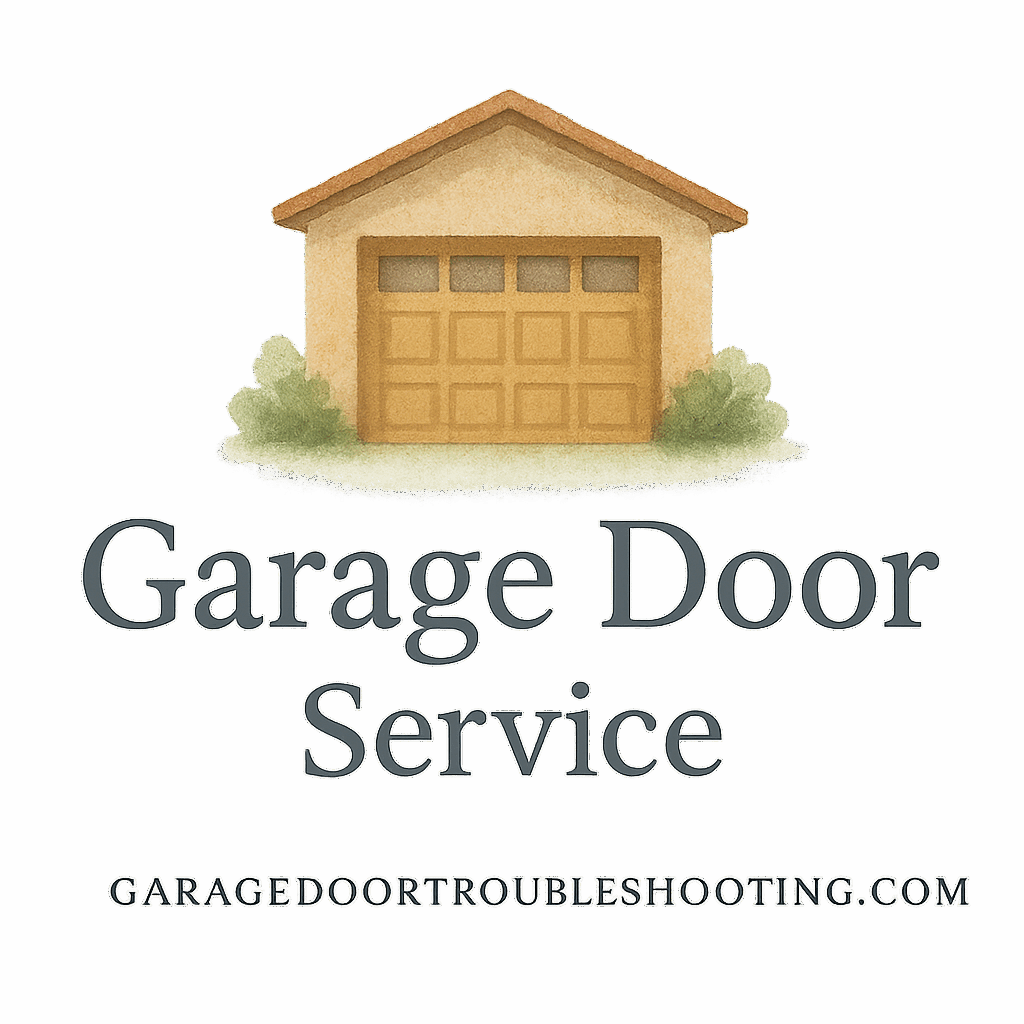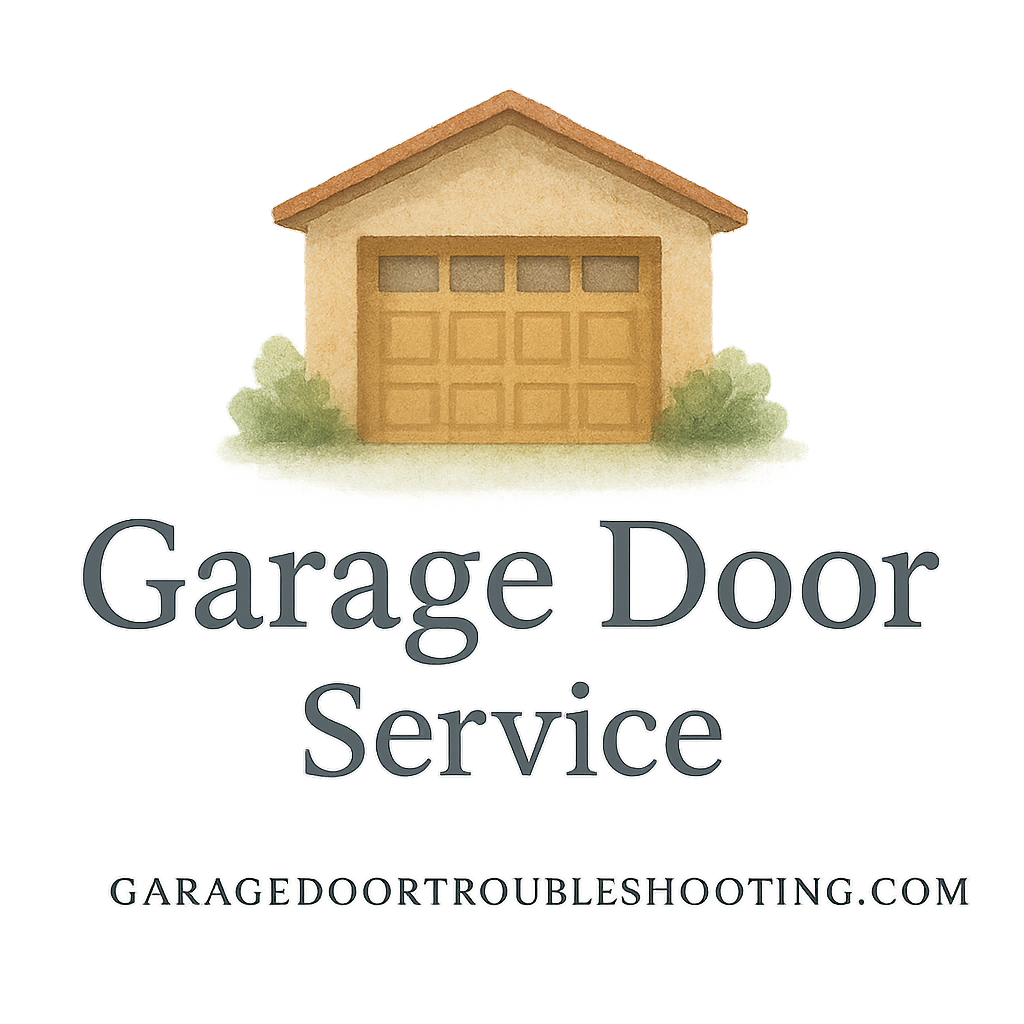If you’ve ever heard that annoying squeaky sound every time you open or close your garage door, chances are your rollers are crying for help. The truth is, your garage door rollers need just as much love and attention as any other moving part in your home. Neglecting them can lead to costly repairs—or worse, a total breakdown. So today, let’s dive into 7 DIY hacks for lubricating rollers in garage door repairs to keep things running smoothly without emptying your wallet.
Why Garage Door Rollers Need Lubrication
Your garage door rollers are the tiny workhorses that carry the heavy weight of the door up and down the tracks. Without proper lubrication, friction builds up, leading to wear and tear.
Common Signs Your Rollers Need Attention
- Loud squeaking or grinding noises.
- Jerky or uneven door movement.
- The garage door feels heavier than usual.
Risks of Neglecting Roller Maintenance
Ignoring roller care doesn’t just shorten their lifespan—it can cause track misalignment, damage to your opener, or even create a safety hazard. For families with kids, skipping maintenance could mean exposing them to dangerous accidents (see childproof tips here).
Choosing the Right Lubricant for Garage Door Rollers
Not all lubricants are created equal. Picking the wrong one could do more harm than good.
Silicone Spray vs. Lithium Grease
- Silicone Spray: Great for tight spaces and precision. Works well in cold climates.
- Lithium Grease: Sticks longer, excellent for heavy-duty use. Ideal for metal-on-metal contact.
Both options are better than using random household oils.
Lubricants to Avoid
- WD-40: While it’s good for cleaning rust, it’s not an actual lubricant.
- Cooking oils or motor oil: These attract dirt and dust, causing more friction over time.
For a solid breakdown of maintenance options, check out these garage door maintenance tips.
Safety Precautions Before DIY Lubrication
Before you get started, remember—you’re working with a heavy door under tension. Safety should be priority number one.
Tools You’ll Need
- A step ladder.
- Silicone spray or lithium grease.
- Clean cloth or rag.
- Safety glasses.
Safety Gear to Keep You Protected
Always wear gloves and glasses to prevent accidental splashes. And never, ever attempt repairs that involve the torsion springs. For those, call in the professionals.
7 DIY Hacks for Lubricating Rollers in Garage Door Repairs
Now for the fun part—here are seven practical hacks to make roller lubrication quick and effective.
Hack #1: Clean the Rollers First
Wiping away dirt, dust, and grime ensures your lubricant sticks better. Think of it as brushing your teeth before using mouthwash—clean first, then protect.
Hack #2: Apply Lubricant to Both Sides
Rollers touch both sides of the track, so don’t skimp. Spray evenly on both ends for smooth gliding.
Hack #3: Don’t Forget the Hinges
Hinges connect the panels and take on a lot of stress. Lubricating them reduces strain on the rollers.
Hack #4: Move the Door Manually After Lubrication
Lift and lower the door manually a few times to spread the lubricant evenly. It’s like giving your rollers a nice stretch.

Hack #5: Use a Straw Nozzle for Precision
Most sprays come with a thin straw. Use it to target roller bearings without making a mess.
Hack #6: Lubricate Tracks Without Overdoing It
The tracks themselves don’t need to be soaked. A light wipe with lubricant is enough to prevent corrosion.
Hack #7: Create a Regular Maintenance Schedule
Set a reminder every 6 months. Regular care avoids major issues and keeps your door whisper-quiet. (See maintenance plans).
Mistakes to Avoid When Lubricating Rollers
Even with the best intentions, mistakes happen.
Over-Lubricating the Rollers
Too much grease attracts dust and clogs the tracks. Always wipe away excess.
Using Household Oils Like WD-40
This mistake is so common it deserves repeating. WD-40 is a cleaner, not a roller lubricant. For better results, rely on lithium grease.
Benefits of DIY Roller Lubrication
Taking matters into your own hands has perks beyond saving money.
Saving Money on Garage Door Repairs
Professional servicing adds up. By handling roller lubrication, you reduce repair costs significantly (see repair guides).
Extending the Life of Your Garage Door
Lubrication reduces wear, helping your rollers and tracks last years longer.
Improving Home Safety and Security
A well-maintained door is harder to force open. Learn more in garage door safety and security.
When to Call a Professional Instead
DIY is great, but it has limits.
Signs Your Rollers Need Replacement
- Flat spots on rollers.
- Visible cracks or chips.
- Door still noisy even after lubrication.
Complex Repairs Beyond DIY
Anything involving springs, cables, or motorized parts should be handled by a professional service provider.
Additional Maintenance Tips for Homeowners
Roller lubrication is just one piece of the puzzle.
Seasonal Garage Door Maintenance
Inspect weatherstripping, test the balance, and check safety sensors before winter and summer. (See seasonal tips here).
Childproofing and Family Safety
Families should review garage door safety rules with kids—never play near the door, and always keep remotes out of reach (family tips here).
Conclusion
Keeping your garage door rollers lubricated doesn’t have to be complicated or expensive. With these 7 DIY hacks for lubricating rollers in garage door repairs, you’ll not only extend the life of your door but also improve your home’s safety and convenience. Just remember: regular care saves you time, money, and headaches down the road.
For more in-depth guides, check out Garage Door Troubleshooting and dive into their expert installation advice and maintenance tips.
FAQs
1. How often should I lubricate my garage door rollers?
Every 6 months is ideal, but you might need more frequent care if you live in a dusty or humid environment.
2. Can I use WD-40 on my garage door rollers?
No, WD-40 is a cleaner, not a lubricant. Use silicone spray or lithium grease instead.
3. How do I know if my rollers need replacement instead of lubrication?
Look for cracks, flat spots, or excessive noise even after lubricating. That’s a clear sign they’re worn out.
4. Is roller lubrication safe to do on my own?
Yes, as long as you avoid the torsion springs and follow safety precautions.
5. Do nylon rollers need lubrication?
Yes, but only the bearings. The nylon itself doesn’t need grease.
6. What happens if I over-lubricate?
Too much lubricant attracts dirt and debris, which can clog the tracks and make the rollers stick.
7. Should I hire a professional if I’m unsure?
Absolutely. If you feel unsafe or run into problems, it’s best to rely on garage door services professionals.


